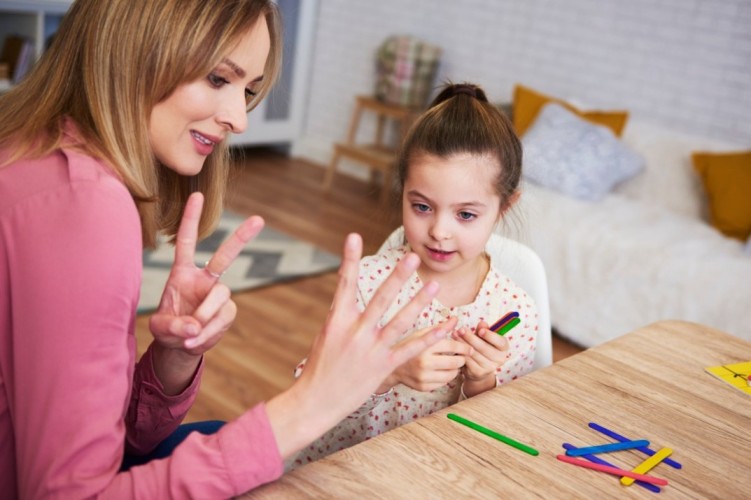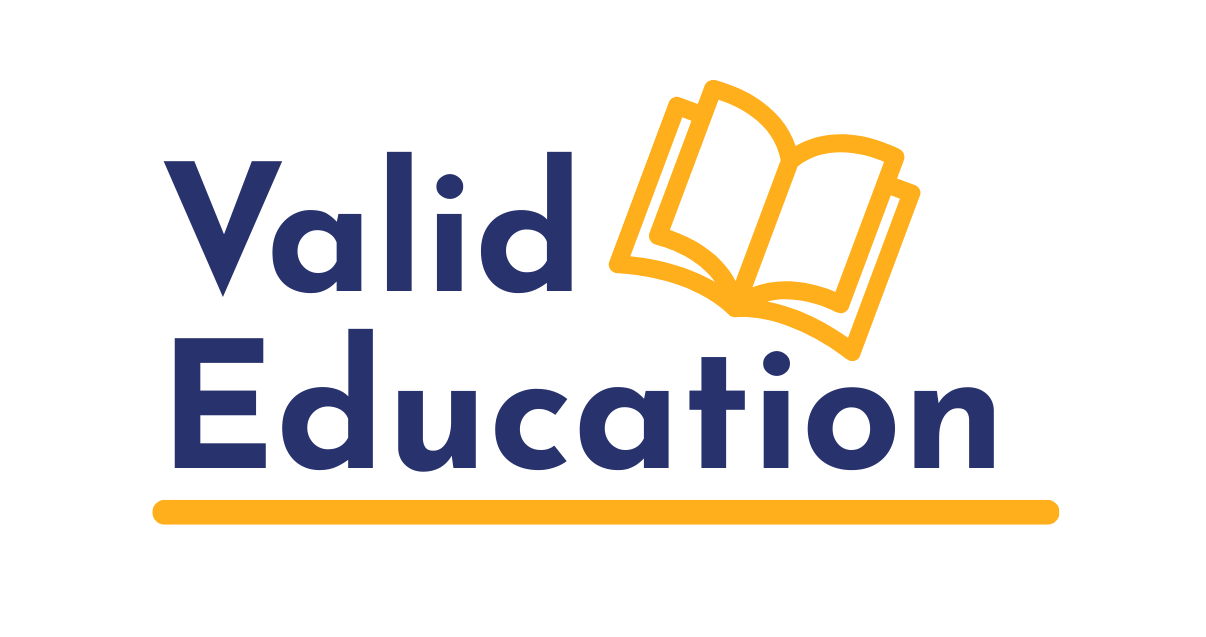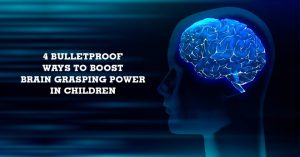Scholars have described unschooling as a philosophical and educational choice opted by parents. It allows children to learn through everyday life experiences instead of thriving in the regular educational setup. Unschooling creates the right environment for home-based learning. As a result, almost 12% of parents who choose homeschooling unschool their kids. Other than supporting the transition phase of switching to homeschooling, unschooling is also a full-fledged choice for some parents who wish to educate their child at home without following any structured approach.
The present digital age has also introduced better alternatives like online schooling (for home-based learning). As a result, approaches like unschooling and deschooling have ignited a fresh debate among the stakeholders.
This article will help you to explore unschooling as an educational choice.

The Historical Overview of Unschooling
Researchers have associated the unschooling movement with the work of philosophers like John Dewey, Rousseau, and Alexander Sutherland Neill. It was also popularized by Ivan Illich and John Holt. The latter elaborated unschooling in his book ‘How Children Learn, Learning All The Time, and How Children Fail’. The author advocated the idea of believing in the power of human beings. And explained how humans are hard-wired to learn in his popular books. His insights into the defects of traditional classroom learning were influential to many people. And his work accelerated the homeschooling movement.
Many people find unschooling and homeschooling similar. Let’s now understand what it really means to Unschool a child.
Unschooling as an Educational Method
Parents who unschool their child arrange for educational material/resources for child-centric learning at home. They allow the child to go by his/her interests. And do not create educational experiences without the child’s consent/liking. In other words, unschoolers do not follow any curriculum. Because this approach is completely flexible as per the individual choices of the child.
How is Unschooling Different from Homeschooling?
As a unique approach to education, unschooling is based on the idea that the child is the sole leader of his/her educational planning. This empowers the child to make all the choices for himself/herself. This power with the child and unstructured design makes unschooling quite different from homeschooling. Because homeschooling is mostly parent-driven and many times it is carried out with a curriculum that parents purchase through curriculum providers. Broadly, with unschooling parents/caregivers or guardians do not play a direct role. As they like to keep their child’s education completely unstructured. To many people, this method seems like a form of educational neglect due to less parental involvement. Let’s move ahead and understand the exact role of parents who take up this option.
Responsibilities of parents who Unschool their Child
Parents who unschool their child believe in interest-based learning. They go by whatever seems appropriate and relevant to the child. And also extend opportunities for community participation along with socialization. Parents who take up this educational choice arrange for the relevant resources. And in this way, they help the child to learn as per his/her interest by arranging for the right material (age-appropriate).
Families who take up this option also rely on informal learning techniques such as arranging for collaborative learning (with friends or siblings). And they also plan educational trips along with reactional or outings for hands-on learning.
How do Unschoolers learn?
The idea to Unschool a child revolves around the fact that the child is capable of driving choices. As a result, unschoolers do not follow set schedules. Instead, they are free to spend the day, choose study hours, decide topics/subjects to learn, follow irregular sleep patterns, and make eating choices.
In the present times, digital resources are also extending learning opportunities for students across the globe (including homeschoolers and unschoolers). In fact, around 43% of students and 65% of teaching faculty find digital learning technologies highly beneficial.
The uniqueness of radical unschooling was embraced as an educational choice. However, the unstructured design of this approach was also criticized as its biggest drawback.
Some Pros and Cons of this Educational Choice:
Pros:
- Instills a sense of responsibility in the child.
- Child does not require constant monitoring.
- Focus on the real interest of the child.
- Opportunity to identify strengths and go by the strengths of the child.
Cons:
- Demands a high level of parental involvement as there is no professional help to guide or mentor them.
- Not all kids are mature and accurate in identifying interests and choices perfectly.
- The time taken to make these choices can also be a concern in many cases.
- Too much freedom in planning education also leads to neglect and develops casual attitude in some children.
- Learning might not be good enough at times.
Is it Legitimate to Unschool a Child?
Alternatives for education like homeschooling, unschooling, or online schooling have specific laws in different parts of the world. The respective Ministries (for Education) of the state/country can be approached to know the legal status and government- defined prerequisites for these options.
Concluding Words:
As an educational choice full of freedom and child-centricity, unschooling can certainly serve the purpose for parents who wish to move away from the regular schooling designs. However, it is worth rethinking this choice with better and more convenient options like 100% online schooling or homeschooling in recent times. The idea to unschool a child is quite promising if you are in the preparation phase of switching to an educational alternative. But as a full-fledged option, you must be sure about giving this liberty to the child to support his/her education in a completely unstructured environment.
The good news is that you can now help your child to enjoy educational freedom without the drawbacks of unschooling. So it’s better to make a wise choice keeping your circumstances and the child’s personality in mind. Trust your instincts and keep threats like educational neglect at bay!
Thanks for Reading!




